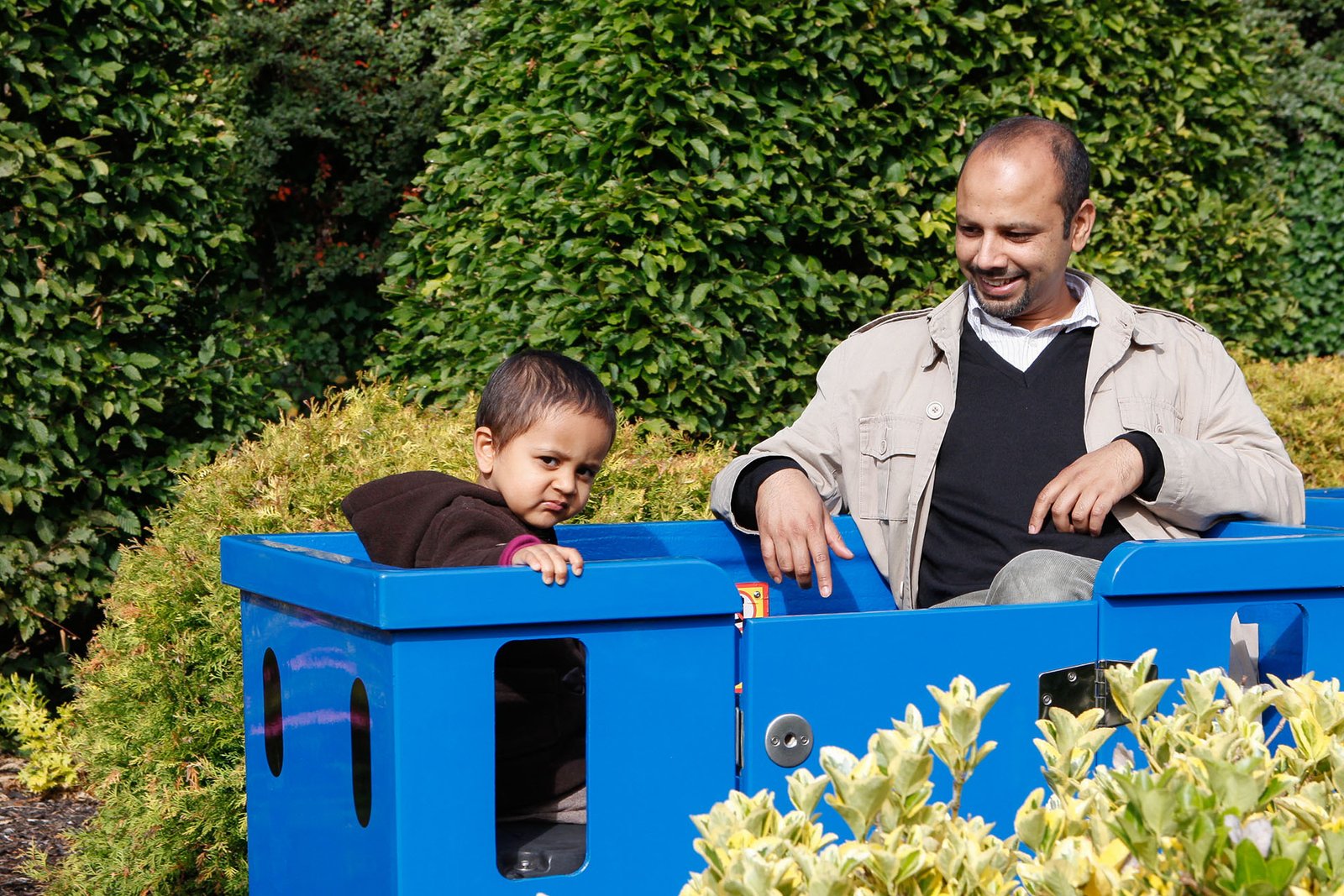Many couples live together for years, sharing a home, raising children and building a life side by side. When that relationship ends, one of the hardest questions often follows: what happens to the home we lived in?
This is where many people are caught by surprise. They assume that living together creates legal rights, sometimes called a “common law marriage.” In England and Wales, no such protection exists. If you are not married or in a civil partnership, your rights over property are much more limited.
Instead, disputes over property ownership are usually dealt with under a law called the Trusts of Land and Appointment of Trustees Act 1996 — TOLATA for short. It gives the courts power to decide who owns what share of a property, and in some cases, whether it should be sold.
At Salam Mediation, we often meet people who are shocked to find out how different the rules are for unmarried couples. We also see how quickly arguments about property can turn bitter, especially if children are involved. Mediation gives you a safer and calmer way to sort things out.
What is TOLATA and Who Does it Affect?
TOLATA applies when people disagree about property ownership. It is most common with separating unmarried couples, but it can also affect friends, relatives, or even business partners who own property together.
Examples include:
A house is in one partner’s name, but the other has helped pay the mortgage.
Both names are on the deeds, but the couple disagree about their shares.
Parents or relatives have contributed money to buy a property and later want that contribution recognised.
Think of it like this: if your name isn’t on the deeds but you’ve invested time, money or effort into the home, you may still feel you have a right to it. TOLATA is the framework the court uses to decide if you do.
TOLATA vs Family Court: What’s the Difference?
Married couples and unmarried couples are treated very differently under the law.
| Married / Civil Partners | Unmarried Couples (TOLATA) |
|---|---|
| Apply to Family Court for a financial settlement | Apply to Civil Court under TOLATA |
| Court considers the whole financial picture — property, pensions, savings, debts, children’s needs | Court only considers property ownership and rights of occupation |
| Judge can redistribute assets to achieve fairness | Judge has narrow powers: decide shares, order sale, or allow occupation |
This difference catches many people out. Married couples can ask the court to look at “fairness.” Unmarried couples cannot — the court only looks at property law.
What the Court Considers under TOLATA
When a judge decides a TOLATA claim, they look at:
Intentions of the parties — Did you both intend the home to be shared, even if only one name is on the deeds?
Financial contributions — Deposits, mortgage payments, renovations, or covering household bills.
Non-financial contributions — Raising children or looking after the home, which freed the other partner to earn.
Purpose of the property — Was it bought as a family home or as an investment?
Children’s welfare — If children live there, this can affect who stays in the property.
Two famous cases show how the law works:
Stack v Dowden (2007) — A couple jointly owned their home but contributed unequally. The court decided they did not automatically own it 50/50.
Jones v Kernott (2011) — After separation, one partner stopped contributing. The court reduced their share, showing that behaviour after separation matters.
Going to Court under TOLATA
If people cannot agree, one of them can make a TOLATA claim in the civil court.
It usually begins with a formal letter setting out the claim. If the dispute isn’t resolved, court proceedings follow, with evidence, hearings, and possibly a trial.
Court cases are not quick or cheap. They often take more than a year, and legal costs can easily reach £20,000 to £50,000 for each person. On top of that, the losing side may have to pay the other’s costs.
This is why judges strongly encourage people to try mediation first.
Mediation vs TOLATA Court
| Court (TOLATA) | Mediation |
|---|---|
| Judge decides | You decide |
| Expensive (£25k–£50k each) | Affordable (£1k–£2.5k total) |
| Long (18–24 months) | Quicker (2–4 months) |
| Adversarial and stressful | Confidential and constructive |
| Limited outcomes | Flexible — for example, delaying a sale until children finish school |
Mediation doesn’t mean giving in. It means sitting down with a neutral person to find practical solutions that work for both of you.
How Mediation Works in TOLATA Disputes
At Salam Mediation, we guide you through a simple process:
MIAM (Mediation Information and Assessment Meeting) — each of you meets the mediator separately to explain your situation.
Agenda setting — together we decide what to focus on first, whether that’s ownership, sale, buy-out or timing.
Joint sessions — discussions take place in a safe and neutral space. If tensions are high, “shuttle” mediation can be used so you don’t have to sit in the same room.
Exploring proposals — each side puts forward ideas. The mediator helps keep things fair and constructive.
Written outcome — any proposals are recorded. If you both agree, they can be made legally binding through a Consent Order.
Everything said in mediation is confidential. Nothing can be used in court if mediation does not succeed.
Preventing Future Disputes
Some simple steps can save a lot of heartache later:
Sign a Cohabitation Agreement when you move in together.
Make a Declaration of Trust when you buy property.
Keep records of financial contributions, including household bills and renovations.
Talk openly about ownership and expectations early on.
Why Choose Salam Mediation?
Property disputes are not just about bricks and mortar. They are about people’s lives, security and children’s futures.
At Salam Mediation we offer:
Accessible support — we can often see you at short notice.
Affordable sessions compared to the cost of going to court.
Inclusive practice — we are faith-sensitive, culturally aware, and respectful of diverse communities.
Bilingual services — fluent in English and Bengali, with Portuguese and other languages available.
We provide impartial, professional mediation that helps you move forward with dignity.
Frequently Asked Questions
Do I have rights if my name isn’t on the deeds?
You might. If you’ve contributed financially or there was an understanding that the home would be shared, you could have a claim under TOLATA.
How long does mediation take?
Most cases are resolved in 2 to 4 months. Court can take more than a year.
Can mediation agreements be legally binding?
Yes. A solicitor can turn your mediated proposals into a Consent Order, approved by the court.
What evidence helps with a TOLATA claim?
Bank statements, mortgage payments, receipts for improvements, and any written or verbal agreements.
Final Thoughts
Unmarried couples do not have the same rights as married couples when they separate. TOLATA provides a legal route, but going to court is usually slow, stressful and expensive.
Mediation gives you a chance to resolve disputes in a calmer, more affordable way — and to reach solutions that actually work for your family.
If mediation is of interest to you contact Salam Mediation click here








